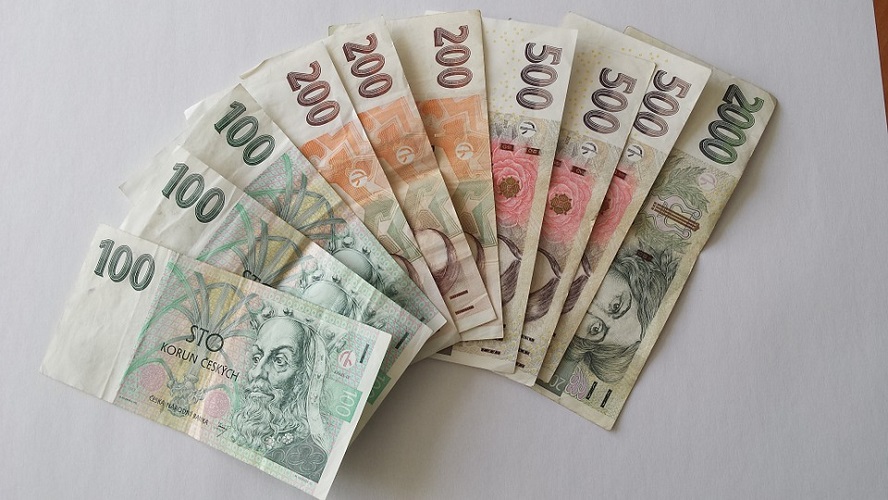
Czech Rep Reports Highest Increases in Labor Costs in EU
In the last quarter of 2017, the Czech Republic is among three EU states with the most rapid annual increase of labor costs. In comparison with previous year, Czechia improved its figures by 11.1%, Eurostat EU statistics, informs. Hungary and Bulgaria increased their labor costs by 13% and 11% respectively.
Labor costs pushed by higher salaries and minimum wage
Labor costs consist of wage and costs for both an employee and employer, for example insurance and social contributions.
In 2016, according to České noviny (Czech newspaper), the Czech Republic ranked 21st place in the EU with 10,4 EUR per working hour; way behind EU average labor costs of 26 EUR.
The recent increase is caused by rising salaries and minimum wage raise. The average wage in the Czech Republic grew in one year 5.3 percent to 27,889 CZK in first 2017 quarter.
It is mainly caused by the labor shortage which results in companies raising salaries. The state has also added up to the positive prospects by increasing salaries of state employees and the minimum wage.
Czech Republic catching up with the ‘old EU’
The second quarter of 2017 claims an increase of labour costs by 1.5 % in the industrial sector, by 2.0 % in construction, by 2.1 % in services and by 1.4 % in the (mainly) non-business economy compared with the same period of the previous year.
Labor costs have two components and both have increased in recent 2017 quarter. Eurostat informs that salaries per hour grew by 2.0 % and the non-wage component by 0.8 %.
Salaries grew more in the second quarter than in the first one and non-wage components less.
In 2016, Denmark reported 43,8 EUR per working hour, České noviny writes. As the data reveals, Czechia has a long way to go to even up the conditions in the ‘old EU countries’. Nevertheless, in comparison with e.g. Bulgaria with labor costs only 4.4 EUR per working hour, it’s a good start.

